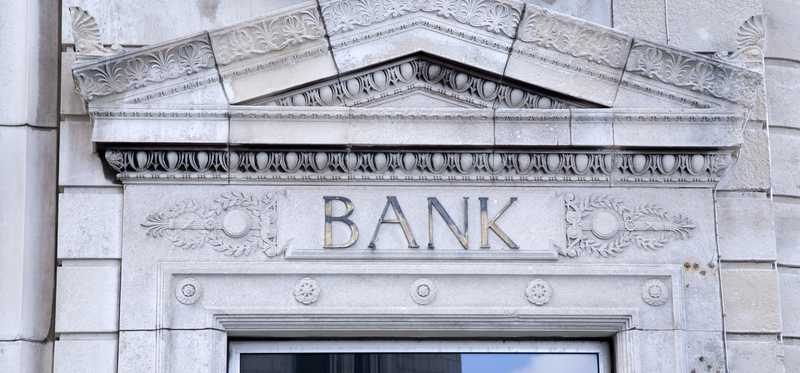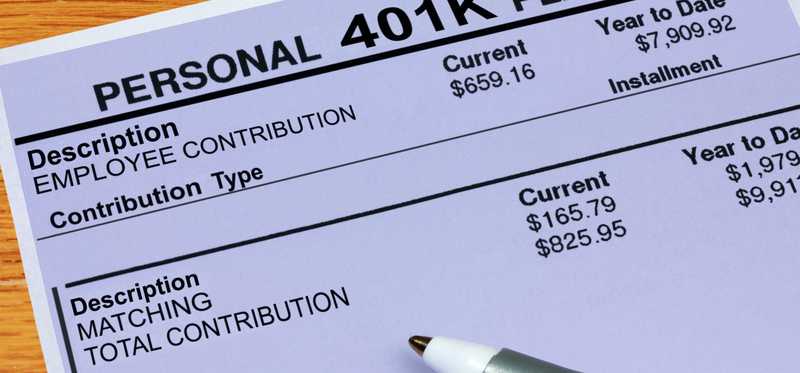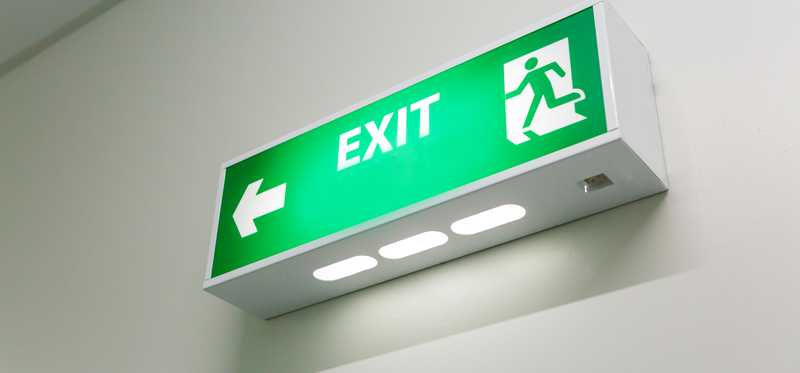15 Mostly Money Issues Small Business Owners Should Worry About

Source: Getty Images
1 of
It all comes down to you
As the owner of a small business you know that you're ultimately responsible for every detail. Money management -- which is more than just making payroll -- is how you keep your company open. That's a long-term and a short-term problem that you have to take ownership of.
Previous
Next

Source: Getty Images
2 of
Payroll and taxes
There are two easy ways to handle payroll and both state and federal taxes at a small business. You, or someone on your staff, can use a a program like Intuit's Quickbooks to enter payroll and generate tax payments. This is a more manual method where you actually have to print the checks for workers (unless you tie in with direct deposit through your bank) and mail checks to the various tax agencies.
That's not hard to do -- especially at a small company -- but it's harder than using a company to process your payroll and handle your taxes. If you choose to do it that way, you (or a designated employee) goes into a payroll system a few days before employees are paid. You enter any hourly workers' hours and sign off that salaried employees are getting paid properly. You can also add special payments like bonuses or reimbursement.
If you use a payroll company, you will be told an amount that will be transferred out of your bank account usually a day or two before people actually get paid. That will include taxes, unemployment, medicare, and anything else that's legally required. Those payments will be sent to the appropriate agencies as they are due.
Previous
Next

Source: Getty Images
3 of
Business insurance
In many cases, a small business owner is not required to have insurance on the physical property of the business. That might be okay if your company has very little in the way of assets. A single-person accounting shop run from your home on a single laptop may not need business insurance.
If your company has inventory, a store, an office, or any significant equipment you are going to want to budget for insurance. Basically, you want to make sure that if something goes wrong -- like a fire or a natural disaster -- that you will receive the funds you need to not lose your business. In many cases, if you have a loan that's secured against inventory, insurance on that inventory will be a priority.
Previous
Next

Source: Getty Images
4 of
Have a bank relationship
Even if you don't need to borrow money now, you may want to in the future. You may also want to make a better deal on credit card processing or use other banking services.
That goes a lot smoother if you have a relationship with someone in the business department at a local bank. Ideally, you want a bank with a history of supporting local businesses -- one that will help you grow or overcome any cash flow issues as they come up.
ALSO READ: The 5 Keys to Getting a Small Business Loan
Previous
Next

Source: Getty Images
5 of
Know your cash flow
Even if a business turns a profit, it can still have cash flow problems. Maybe your customers are slow to pay or perhaps you have different terms with people who buy from you than you do with your vendors.
If you understand your own cash flow you can time ordering and expenses better. You can also manage problems by being upfront with suppliers and arranging terms that make sense for both of you.
Previous
Next

Source: Getty Images
6 of
Have credit
While you may have no plans to borrow money, it's important to have access to capital if you need it. Depending upon the size of your business, this may be as simple as arranging for a credit card in the name of the business.
Doing that makes sense because if you pick the right card you should be able to gain some perks even if you never carry a balance. Earning cheaper gas or free airfare may seem like a small thing, but every dollar counts.
Previous
Next

Source: Getty Images
7 of
Know your bank balances
About a decade ago, when I ran a large toy store, we made no effort to balance our checking account during the busy period between Thanksgiving and the first week of the year. There was simply too much money coming in and going out to do anything but make deposits and pay bills.
One year, that came back to bite us. Some rogue agent had been debiting small amounts (a few hundred) from our account a few times a week. By the time we noticed in January, we were outside the window we had to report the problem.
We ended up being out some of the money. It was fraud, but by not noticing it, we lost our right to fight it. It was a tough lesson that you are never too busy to be on top of your bank balances.
ALSO READ: What Is Commercial Banking?
Previous
Next

Source: Cigna
8 of
Health insurance is a must
The ease of getting affordable health insurance varies depending upon the state you live in. In some cases you can buy insurance on the government-sponsored exchanges. In others, you might be able to purchase it through a broker or even directly from the health insurance company. It's also possible that your industry may have a trade association which provides access to health insurance.
Do your homework. Prices and plans can vary a lot, so know what you're buying and make sure it's the best deal for what you need.
Previous
Next

Source: Getty Images
9 of
Someone else needs to know everything
A few years ago, when I was a couple years into running my own business, my wife mentioned that if something happened to me, she would not even know what bank I used for my company. She was right and I made a "just in case" file full of account info, passwords, and contacts designed to make her life as easy as possible if something happened to me. It took maybe 15 minutes, but it would ease her burden in handling my affairs in the event of an unexpected tragedy.
Previous
Next

Source: Getty Images
10 of
Get life insurance
Life insurance is something people sometimes avoid because it means confronting their own mortality. In some cases, people get some coverage through their job, but that's not the case with small business owners unless they arrange for it themselves.
How much you need depends upon a lot of factors. Is your business operable without you? Will it continue to bring in income or be saleable? How much income will your family need long-term should you not be around? Answer those questions and you will at least have a ballpark figure as to how much life insurance you need.
ALSO READ: Do I Need Life Insurance?
Previous
Next

Source: Getty Images
11 of
Plan for retirement
There are numerous ways in which a small business owner can plan for retirement. Which method you use depends upon your business structure and this is an area where you may want want to turn to an expert for help.
What's most important is that you do something. This is an area where employers often do all the work and all you have to do is opt in. Since you are your own employer, it's up to you to make these plans.
ALSO READ: How the Self-Employed Can Save for Retirement
Previous
Next

Source: Getty Images
12 of
Have an exit/succession plan
Since my business is solely dependent upon me as a writer, it ends when I stop writing (whether by choice or life circumstances). That's not true of many businesses. A plumber, for example, has a customer base that's in theory transferable or saleable.
If you don't plan for what happens when you retire (or die) then you may squander goodwill or see assets plummet in value. You may not be able to plan for every circumstance, but do the best you can to know what your future will hold and how it should be handled.
Previous
Next

Source: Getty Images
13 of
Know the future
Obviously, you can't actually see into the future, but as a small business owner it's important to take time to look forward. You may be doing great now but if you ignore coming changes in your industry things could go south in a hurry.
Spend some time examining your business and make course corrections as you go. That will be a lot easier than having to make a major change for a problem you could have seen coming.
ALSO READ: 4 Things a Small Business Owner Needs to Know About Hiring
Previous
Next

Source: Getty Images
14 of
Protect your time
As someone who works for yourself -- whether you employ others or work alone -- demands on your time can be significant. Some of that can be work related and some may come from family or friends that know you have flexibility they don't.
Because of that, you need to be a little protective and maybe even risk being seen as selfish. Learn how to say no and recognize that you can't do everything for everyone, Set priorities and stick to them even if it's painful.
Previous
Next

Source: Getty Images
15 of
Have a marketing plan
In most cases, no matter what your business is, customers won't come to you. That means you need a marketing plan. That can be as simple as passing the word around to people who know you (and your work) or it may involve advertising either on traditional media, digitally, or some combination of the two.
It's very important to understand what it takes to lure in new business and add those costs to your plan. That may not be something you know fully on day one but it's knowledge you need to gain.
Previous
Next

Source: Getty Images
16 of
Live by a budget
Just like you have a budget in your personal life, you need one in your small business. That means understanding your fixed costs -- things like rent and salary -- as well as planning for variable ones. Factor in the unexpected and, as noted in the previous slide, make sure you allot some money for marketing.
Your business budget should also include revenue goals. Then, if you're falling short on revenue, you might be able to cut back on expenses to stay afloat.
ALSO READ: Why 2018 May Be the Year to Start Your Small Business
Daniel B. Kline has no position in any of the stocks mentioned. The Motley Fool owns shares of and recommends Intuit. The Motley Fool has a disclosure policy.
Previous
Next

 Yahoo Finance
Yahoo Finance 